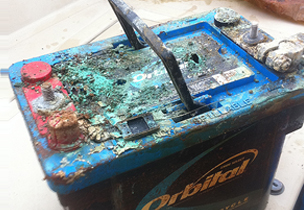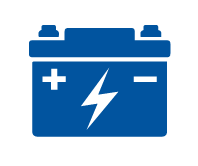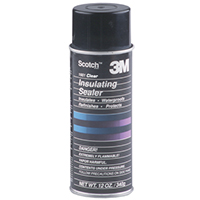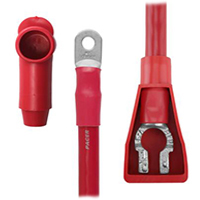Simple Ways to Protect your boat, Maintain the Battery
Posted by Pacer on 4th Mar 2019


Batteries are a common part of many boat electrical systems. Just like every other piece of equipment on your boat, your battery needs maintenance. A common mistake people tend to make is to leave the batteries hooked up in the boat during the offseason. Trust me when I say, that’s a really bad idea. Batteries are not designed to go unused for extended periods of time unless they receive proper maintenance. Letting them sit while connected increases your chances of corrosion and a dead battery. Batteries are not cheap. Replacing one is something you don't want to do unless absolutely necessary. Often times, you can hold off on replacing a battery if that battery has been properly cared for and maintained. How do you avoid replacing a battery? With proper care, you will undoubtedly get more life out of your batteries, just like any other piece of equipment. So, what is the first step? Start by taking each battery out one at a time. Once removed, clean each one carefully making note of any corrosion or damage. If there is corrosion, remove it immediately and coat the battery posts in a corrosion resistant chemical. This act alone will extend the life of your battery. After your battery is clean and corrosion free, be sure to fully charge it. Make sure that the battery is holding a full charge by paying attention to the meter on your battery charger. Once you're happy with the condition of the battery, store them someplace safe. People may tell you not to store a battery on a concrete or cement floor as it will drain the battery, but that is simply untrue. There are many things that can drain a battery but sitting on a concrete floor is not one of them. You should be more concerned with dust carbonizing as it builds upon the battery posts. (Hint just wipe the dust off and you'll be fine). Once you're ready to go back out on the water, check the battery one more time to make sure that it holds a charge. Also, lubricate the terminals and bolts to make installation and removal a breeze. I shouldn’t have to tell you this, but if your battery won’t hold a charge, don’t rely on the other batteries in your boat. Replace it before you go back out on the water. Simple steps like this will get you more hours out of your battery and ensure that you get more time on the water hassle free. Your batteries may be one of the most crucial parts of your electrical system. Make sure that you are not neglecting them.

Things to do:
- Clean each battery
- Fully charge each battery
- Lubricate terminals and bolts
- Store someplace safe
- Replace when needed
New battery cable assemblies can go a long way:
We all think about our expensive batteries and electrical equipment, but what about the cables that connect all of the important stuff? The cables and terminations tend to go overlooked. Over time, battery cables can become corroded or suffer other types of damage. Much of this damage isn't immediately obvious to the naked eye. Replacing your battery cable assemblies is an easy way to maintain your electrical system. Especially when the assemblies are made from cable built specifically for the marine environment and the lugs used are equally built to handle tough environmental conditions. Then that gets covered with durable epoxy lined heat shrink and you have world-class battery cable assemblies. Don't take my word for it. Take a look for yourself.
Using an insulating sealer will give more protection than you may think:

Electrical connections are vulnerable to environmental hazards. This is especially true in a marine environment where everything is subject to vibration, moisture, salt, and more. While you can't control the environment, you do have some control over how much exposure your electrical connections receive. Using an insulating sealer will prevent a connection or splice from feeling the full force of weather, moisture, acids, alkalis, and oils. Basically, it a protective barrier that gives your electrical splices an extra layer of protection from the harsh marine environment. As an added bonus, our insulating sealer inhibits rust which is crucial when your connection is constantly surrounded by water. Easy to use and designed to last. Learn more here.

